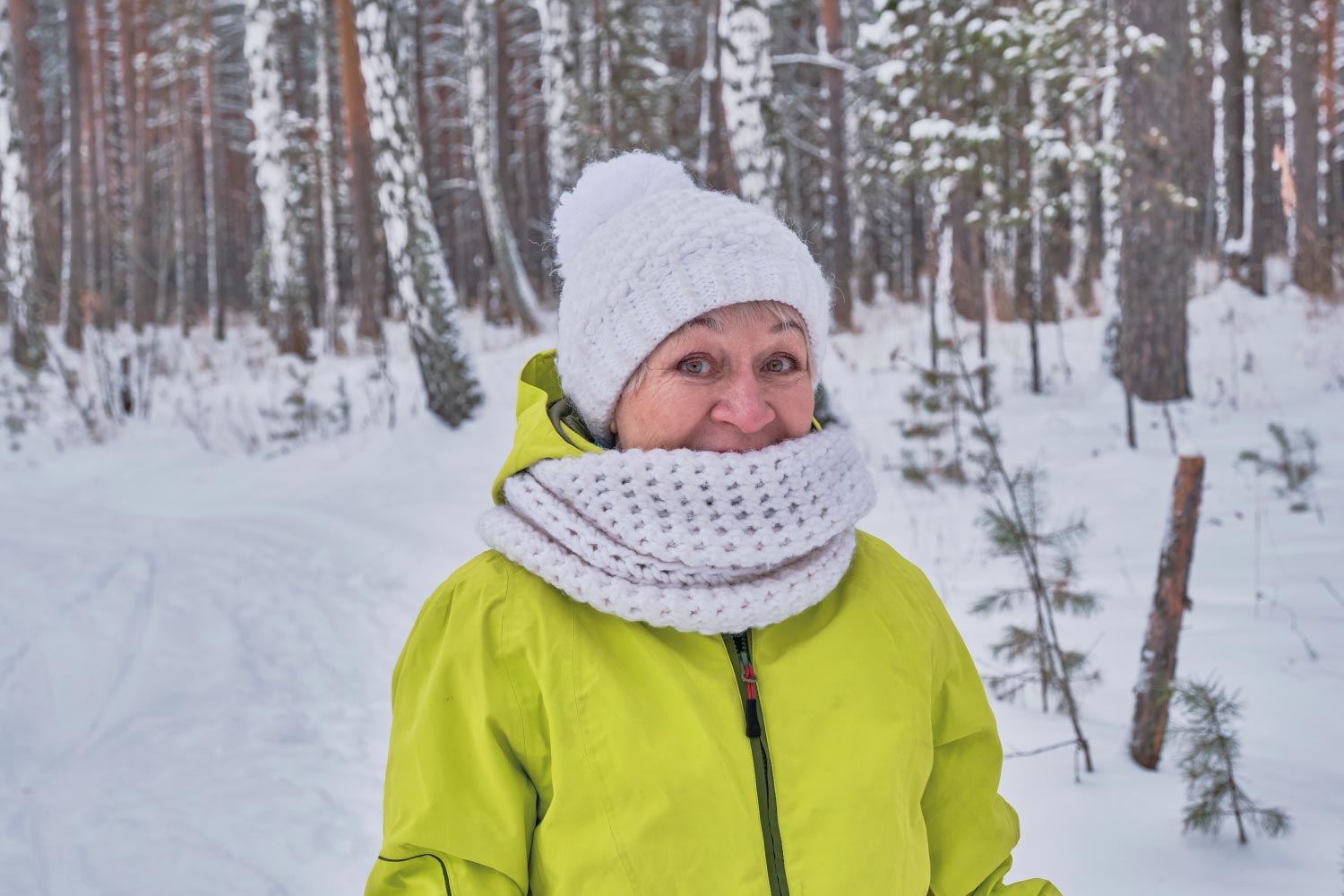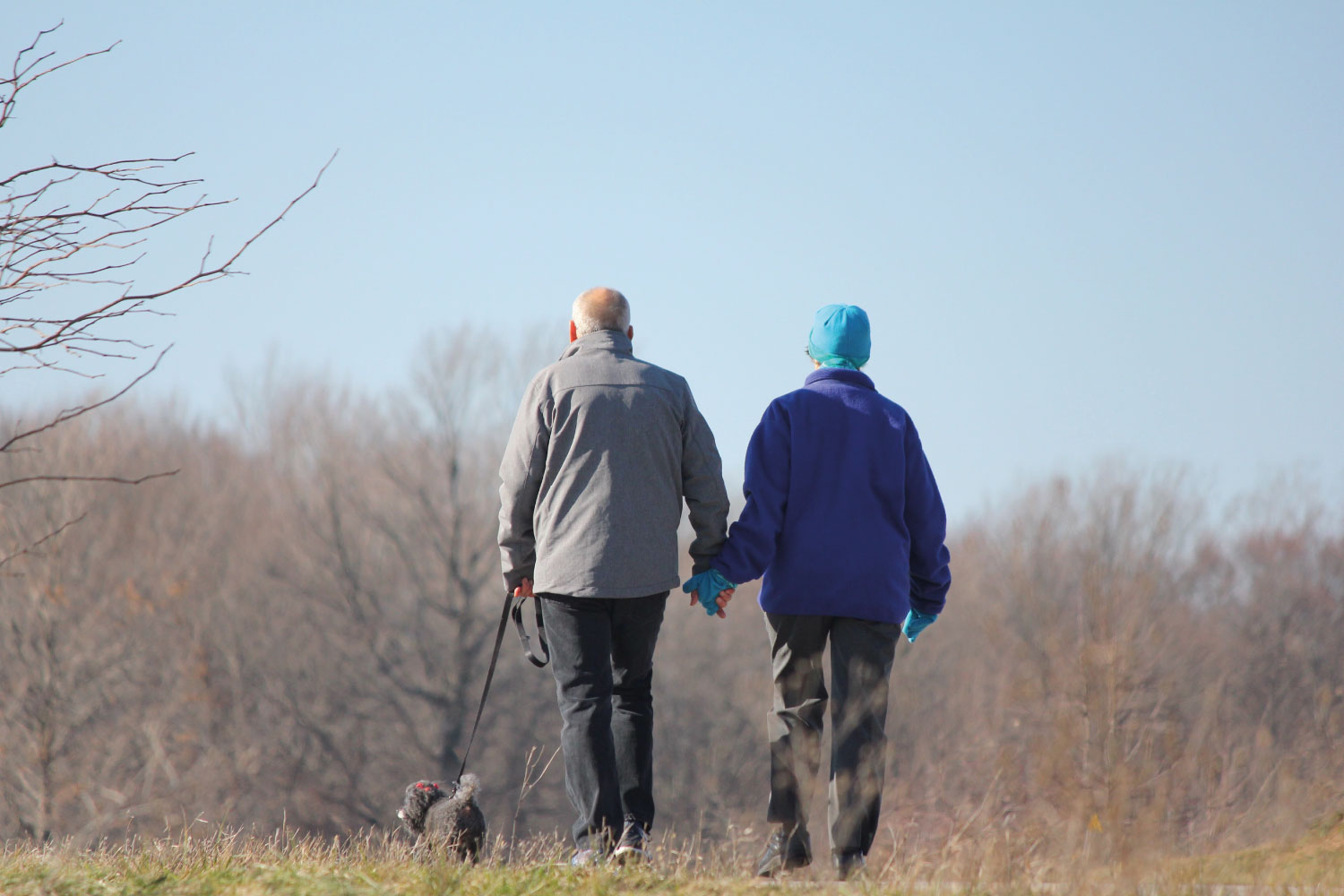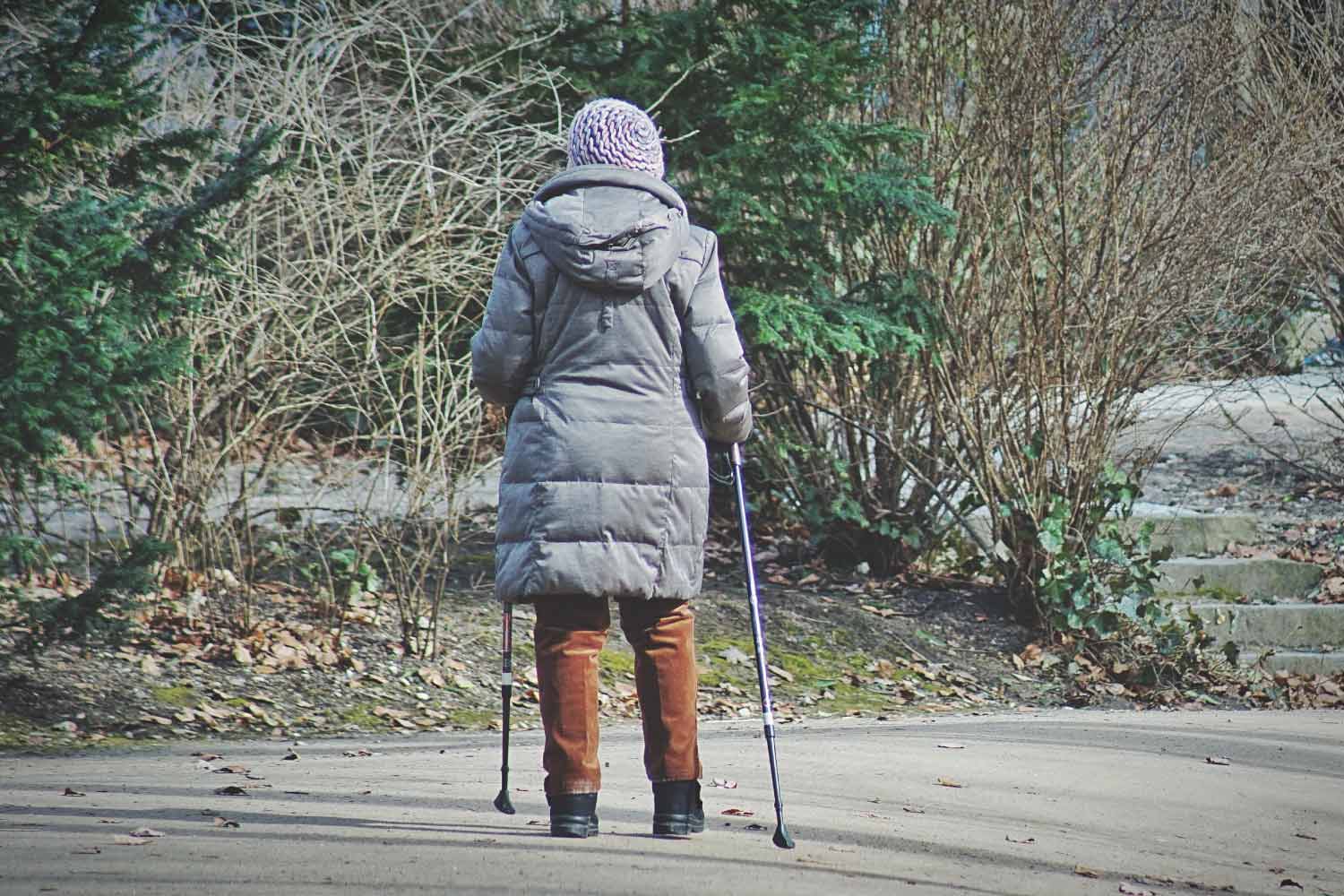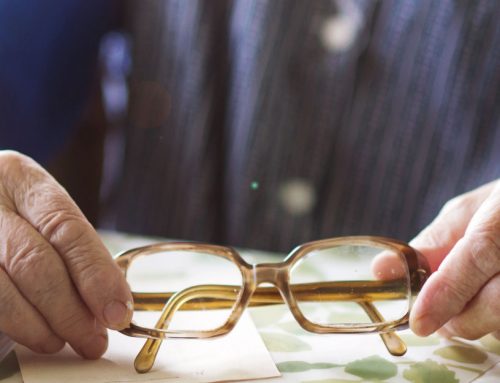The weather is oh so cold, the pavements are icy and we only get a few hours of sunlight a day. There’s nothing more tempting than to nest in the warmth at home all day with a hot chocolate in one hand and a custard cream in the other. Even whilst enjoying the Christmas cheer and indulging in seasonal food we have to remember to stay active and healthy.
Going Out and About in Cold Weather
British wintertime brings rain, snow and ice. It’s incredibly important to look after your health in wintertime, you are most likely to get sick during the colder months. In the winter of 2017-2018, there were an estimated 46, 000 excess winter deaths amongst people aged 65 and over in the UK. Excess winter mortality also continued to be the highest in people aged 85 and over.
Cold weather can trigger symptoms such as coughing and shortness of breath. People living with respiratory diseases such as COPD can feel their symptoms worsening over the winter months. 34.75 of winter excess deaths over 2017 to 2018 were caused by respiratory diseases.

Dress Warm
It’s important to dress warmly when going outside in winter. Layer up with warm jumpers, cardigans or coats. Thermal underwear, thick socks and tights can also be worn under clothes.
Hats, gloves and scarfs are great for keeping your body heat in. A nice thick hat can keep you comfortable on your winter walks. Scarfs are great for stopping chilly breezes from going down your neck. They can also be used to wrap around your face the make the air you breathe warmer. Breathing in cold air can irritate the lungs and cause the airways to tighten. By wearing a scarf or breathable fabric covering the lower part of your face you can work to prevent this.
Keep Moving
When you stand still you tend to get cold. By staying moving when you are out and about you will generate body heat. Another good way to keep warm whilst outside is taking a hot drink out with you. Carrying tea or coffee in a flask will keep your hands warm and warm you up inside when you drink.
Be Aware of the Temperature
Be aware of the weather before you leave the house. If you are unwell or experiencing a flare-up of symptoms related to a respiratory disease then you might be better off staying indoors. Don’t worry about not being able to get your daily exercise, because we have a list of exercises you can do in your home.

Prevent Slips on Ice
Icy weather can cause slips and trips. As we age our bones naturally get weaker so falls are more likely to cause serious injuries. There are precautions you can take to prevent slipping in icy conditions.
Shovel and Grit Your Drive Way
Shovelling and gritting your path makes a trip out of your home a lot safer. Grit helps melt ice and prevents more from forming. Gritting pathways is important to prevent black ice from forming. Black ice is clear ice so you can’t easily see it. This makes it more dangerous as it can catch you off guard and cause you to slip.
Wear Suitable Footwear
It is important to wear suitable footwear in icy conditions. Avoid wearing heeled shoes as these tend to have a weaker grip and can put more pressure on the ball of your feet. Ankle breaks, fractures and sprains are common with heel injuries. Also, avoid wearing thin shoes that leave part of your foot exposed. Toes get cold very easily, that’s why it’s important to keep your feet warm in cold weather. Wear thick socks and sturdy shoes to prevent cold and numb toes.
The best footwear for seniors in winter is snow boots, walking shoes, wellies and any waterproof footwear with a sturdy sole and strong grip.

How to Walk in the Snow
If you do find yourself on a snowy or icy path you can adapt your walking to prevent slipping over.
Techniques for Seniors Walking Safely on Ice:
- Take small steps or shuffle
- Keep feet flat and close to the ground with each step and bend slightly forward
- Keep your hands out of your packets
You can also use walking aids to help with your stability. Walking sticks are good for fall prevention and you can get ice grip aids to attach to the bottom of your stick making it perfect for icy conditions.
With the appropriate footwear, warm clothes and knowing how to walk over ice your trips out in winter can be safe and enjoyable. So go out and enjoy the Christmas markets this year.
Last Updated on 20 January 2022 by Esteem








